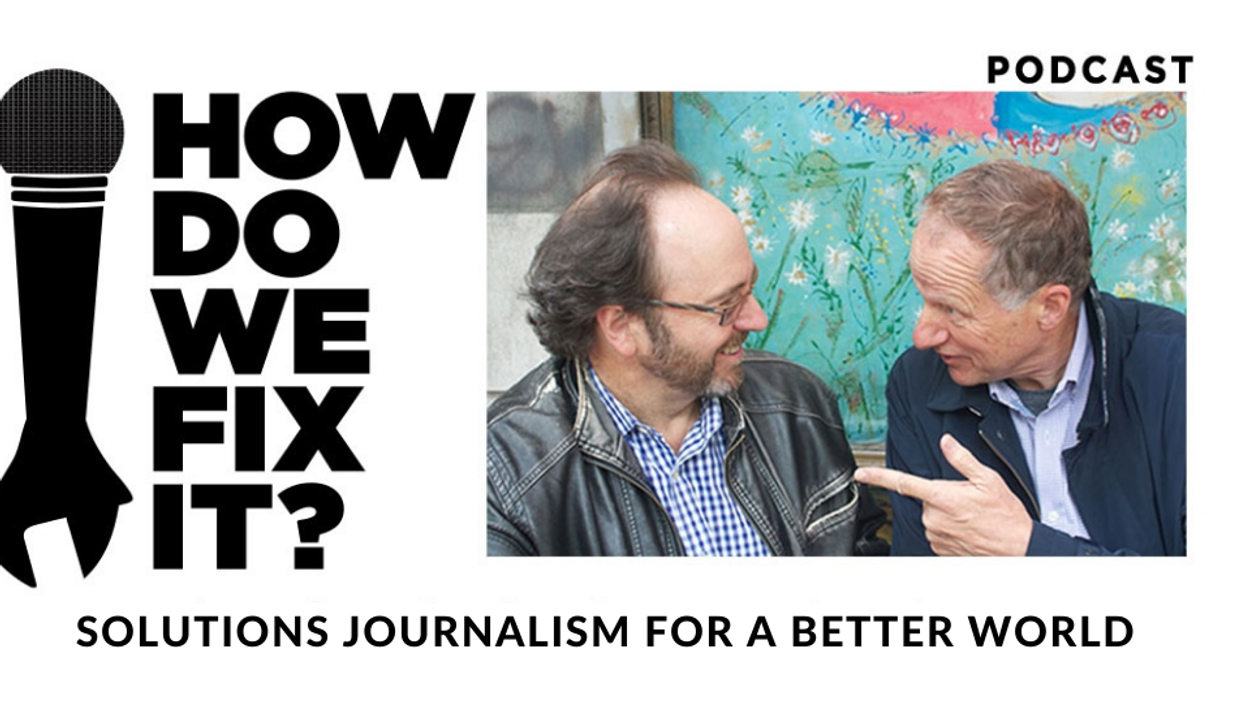How do you tell the difference between truth and lies? The answer involves a careful process of seeking knowledge that may contradict our long held beliefs.
This episode features two conversations with expert guests who changed hosts Jim and Richard's minds about how they approach topics central to our understanding of politics, science, and society.
Journalist and scholar Jonathan Rauch is the author of the best-selling book, "The Constitution of Knowledge". He makes a stirring case for the social system of checks and balances used by scientists, lawyers, business leaders, and researchers to turn disagreements into verifiable facts.
Alina Chan is a Canadian molecular biologist specializing in gene therapy and cell engineering at the Broad Institute of MIT and Harvard, where she is a postdoctoral fellow.




















Trump & Hegseth gave Mark Kelly a huge 2028 gift